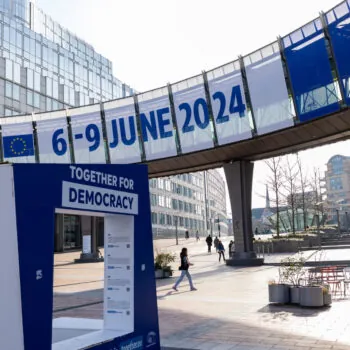In a powerful, though sadly little noticed, speech Britain’s new Foreign Secretary has spelt out what may come to be known as the Hague doctrine on the politics of climate change. Speaking at the Council on Foreign Relations in New York, he moved climate change firmly off the environmental agenda and on to that of foreign ministers.
At the heart of his argument was the blunt observation that an ‘effective response to climate change underpins our security and prosperity.’ As he went on to say, ‘You cannot have food, water, or energy security without climate security.’ A point that has been underscored by reports from around the world of food riots triggered by the sharp price rises flowing from a summer of extreme weather events.
He went on to point out that the United Nations had been created in ‘the aftermath of conflagration’ to establish the primacy of cooperation over conflict and to build an open and fair international system embedded in the rule of law. A failure to tackle climate change would threaten these values on which an unprecedented era of prosperity and security had been constructed.
He was dismissive of the argument that we should abandon hope in negotiating a legally binding global treaty on climate change. Politicians not processes determine outcomes. He identified the lack of political will as the real obstacle to securing a binding agreement on climate change.
Creating the necessary political will is a job for foreign policy. ‘The fundamental purpose of foreign policy is to shift the political debate, to create the political space for leaders and negotiators to reach agreement.’ This is the first time anyone clearly differentiated the negotiating process on climate change from the political process.
As Hague argues, the one takes place in a space cleared by the other. When negotiations stall, as they frequently do in international relations, you do not give up the goal, you work to expand the realm of the politically possible. He went on to support strongly a unilateral move now by the EU to a 30% reduction commitment as an example of just how to do so. He also announced that he and his German counterpart, Guido Westerwelle, had agreed to task their diplomats to work together to reinforce the momentum of climate diplomacy.
This is the most cogent speech on climate change yet to come from a Foreign Minister. What will matter now is whether Hague sows viable resource seeds into the furrow he has ploughed. At a time of profound fiscal constraint that really will measure the extent to which he himself possesses the political will he hopes to see in others.


